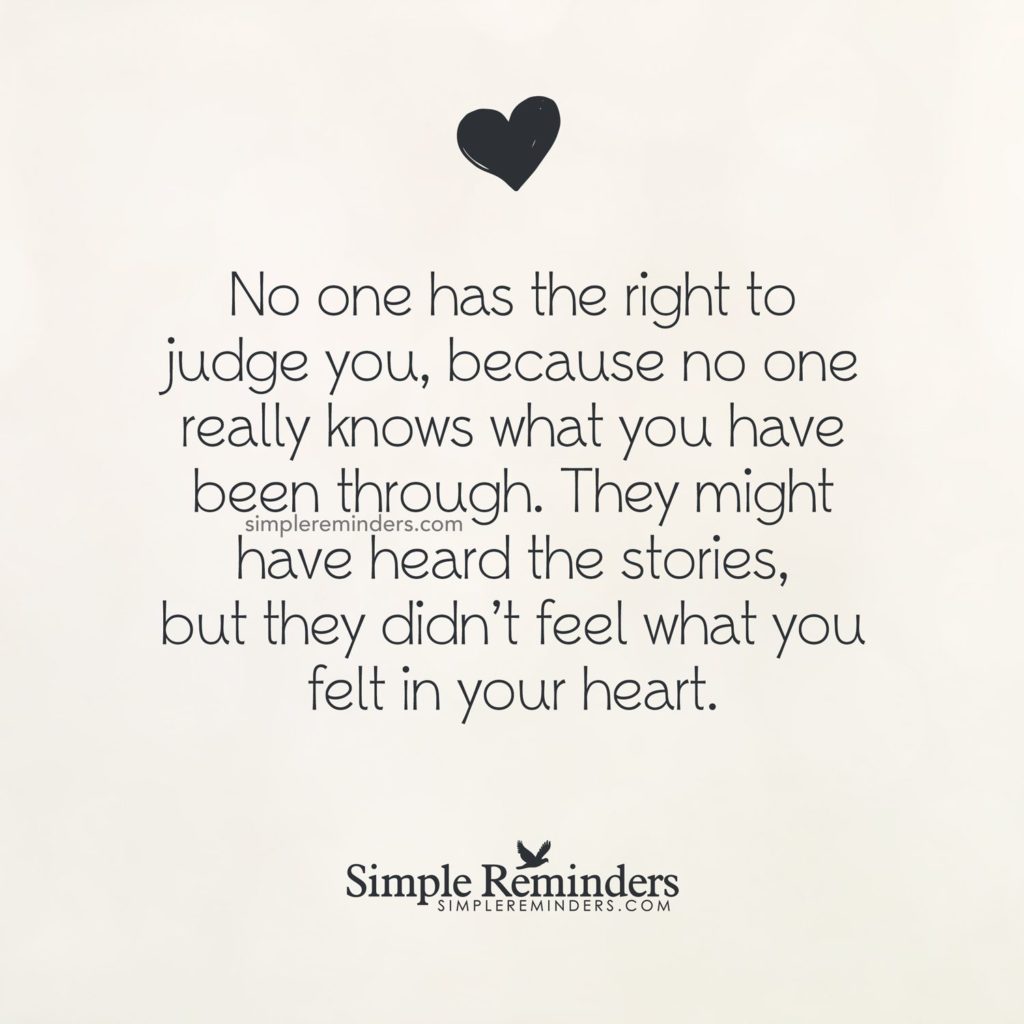Does anyone have a right to judge how I feel? When everyone, at some point, has already felt sad without tears or happy with their eyes soaked, have we all, at some point, tried to live a normal life when our hearts were broken?in a thousand pieces? And no problem with that. However, sometimes we come across the message that we feel something different from what we should feel and that’s when guilt comes up.
It is as if there are situations so typical of a set of emotions that they seem to impose them one way or another. For example, births are linked to joy in the collective unconscious. A new life, a reason to smile. The end of a nine-month wait. However, people who have experience giving birth help to know that moments before birth are not always an expression of joy in the mother’s face.
- The same goes for funeral rites and deaths.
- In the unconscious Western collective the death of a loved one is linked to sadness.
- So we understand that the logical thing is tears.
- Serious faces and expressions of pain.
- But this is not the case in therefore.
- Perhaps what we feel about loss is not as natural as we think or have learned.
No one has the right to judge how we feel
What experts who have experience in helping relatives of victims who had the misfortune to die suddenly (traffic accident, natural disaster, terrorist attack, etc. ) say is that they find that many people are in shock. Great that his emotional circuit defended himself, preventing any emotion.
In fact, they would love to cry and get rid of everything they feel and hold back, but they cannot get rid of that defense mechanism that their body has chosen to use.
You’ve probably already hit your knee or little finger in a corner or at the foot of a table, there’s a time between the moment you feel the blow and the pain, right now you’re mentally preparing for pain Then in these situations something similar happens, you hit the loss, but the pain isn’t enough. In return, there is nothing but emptiness, nothing that generates as much guilt as fear.
Another way the pain doesn’t seem? Or he seems dissociated from loss, this happens when we activate another defense mechanism: denial. Denying loss automatically eliminates the conscious part of the duel. It’s common for these people to cry because they dropped a plate. or because they were 5 minutes late, but the crying will never be due to the true source of the pain they are suffering.
As we said before, taking the example of childbirth, sadness can not only be absent when it was supposed to be present; it also happens with positive emotions, such as joy. Think of a dream that was very difficult to achieve and in which you spent a lot of time; When you reach it, you may feel very happy, but there is also the possibility that you will feel some kind of emptiness, including sadness.
He thinks that desire hides a paradox on which much of the philosophical pessimism of the twentieth century is based: when something is achieved or achieved, it dies or collapses.
An example is passion and correspondence. But can we imagine that the eyes shine and show joy?It is common to have a different reality between happy passion and accentuated passion, the person is in a moment of idealization, in which he feels that he can match the other alone with the best version of himself.
In turn, this causes a state of tension whose joy tends to escape, replaced by uncertainty that is difficult to cope with. What are you going to do?
It would be no big deal if there was this dissonance between what is expected and what it feels like, if it were not for some people ending up triggering a great feeling of guilt, someone who does not cry over the death of a loved one may feel very guilty, a mother who does not show great joy of being a mother can also feel very guilty.
Another add-on that is also bad in these situations and that can increase the guilt is that the person does not feel human. You may think she can’t feel the sadness she should because she’s actually a psychopath. A non-human person with no feelings, with everything he locks up.
Often the comments that are made around you don’t help much. Around a newborn, there are always many “fake mothers” who believe they have the power of wisdom to dictate how to care for a child during the first few months of life. Her help, well managed, is really a support, but when mismanaged she becomes a fear that can melt the real mom’s self-esteem.
People can also comment to criticize the fact that we don’t feel bad. This happens, for example, when someone suffers the loss of a loved one and, in the battle to get on with their life, should they hear phrases like?so much that I loved her and two days later she’s already !?, or?I couldn’t go to work the next day?. These phrases are deeply unfair and are often pronounced very insensitively People forget that they have no right to judge how we feel.
One way or another, our emotional world is very sensitive to our particular conditions, so neither we nor others have the right to judge how people feel. He thinks emotions don’t make us better or worse, and that the way we act often differs from how we really feel. Precisely because of this, the guilt we often place on others or ourselves makes no sense.

